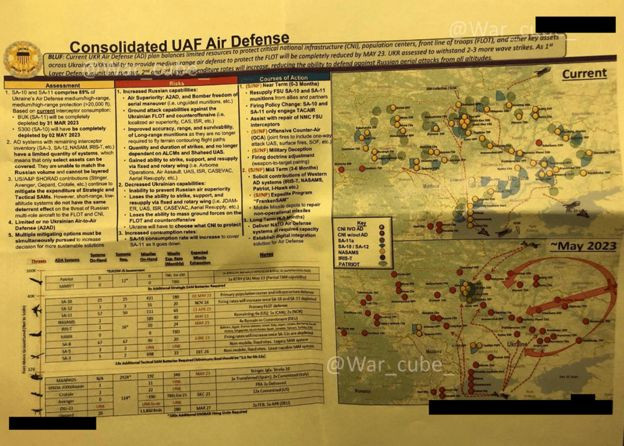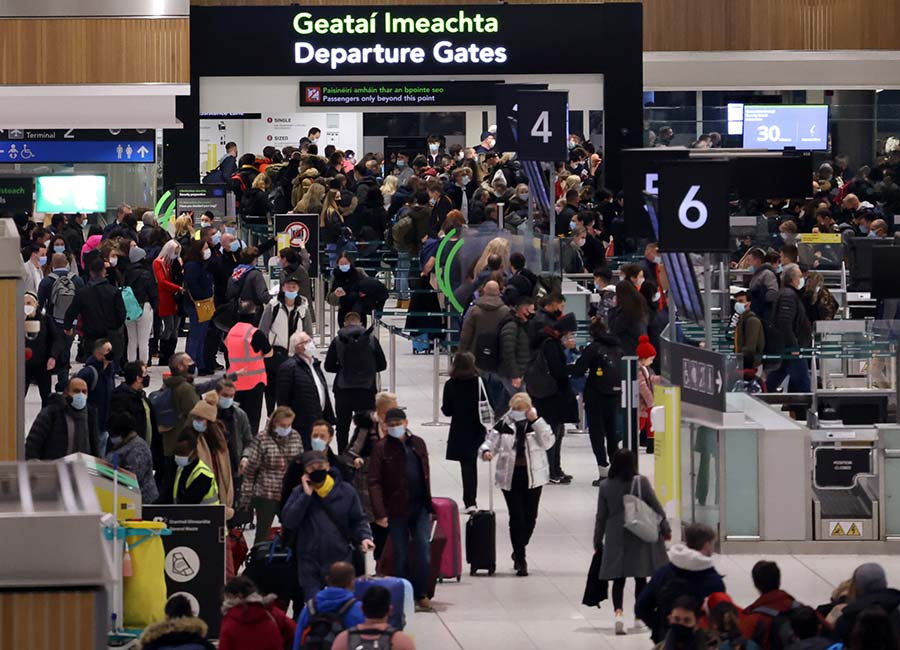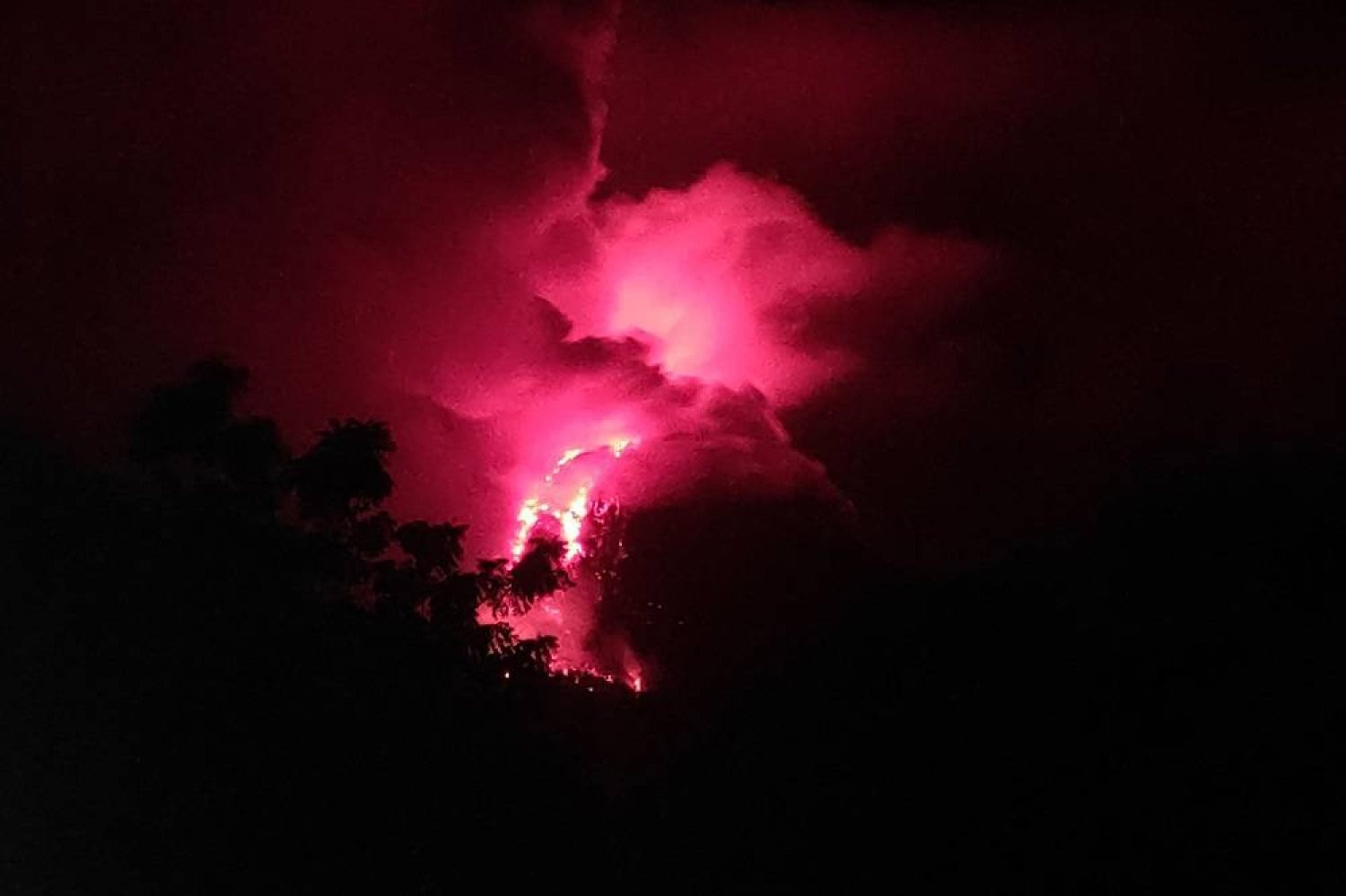Pentagon Official With Alleged Iran Ties Promoted Amidst Leaked Intel on Israel's Strike Plans
Ariane Tabatabai, a Pentagon official with alleged links to Iran’s Islamic Revolutionary Guard Corps (IRGC), has been promoted despite a recent leak of US intelligence concerning Israel’s potential retaliatory strike against Iran.
Tabatabai, previously Chief of Staff to the Assistant Secretary of Defense for Special Operations, was elevated last month to Deputy Assistant Secretary of Defense for Force Education and Training, as reported by Politico on Thursday. This promotion has sparked criticism from both sides of the aisle, adding fuel to the already tense situation between the US, Israel and Iran.
Fallout of the Leaked Documents
Her promotion comes amid an FBI-led investigation into the leaked intelligence documents, which reportedly detailed Israel’s plans to counter Iran following its October missile attacks. This has led to heightened criticism, as some have accused Tabatabai of divided loyalties, recalling prior calls from members of Congress for her removal over past IRGC-related communication concerns. While the Pentagon has maintained Tabatabai is not a subject of interest in the investigation, the timing of her promotion and her prior ties to Iran have caused alarm for many.
The Investigation Continues
Earlier this week, Sky News Arabia reported her as a central figure in the leak investigation. However, Pentagon Press Secretary Maj. Gen. Pat Ryder stated that “to my knowledge, this official is not a subject of interest.” The FBI remains in charge of the probe, with the Pentagon deferring to its findings.
The timing of the leak, as Israel gears up for potential action against Iran, has intensified concerns. Israeli officials have described the breach as “extremely serious” but noted it is unlikely to alter their strategic plans. Defense Secretary Lloyd Austin reportedly spoke with Israeli Defense Minister Yoav Gallant, emphasizing the Pentagon’s commitment to safeguarding intelligence shared between the allies. The question remains: is Tabatabai connected to the leak, and will her promotion ultimately impact US-Israel relations?
Biden Administration Responds
The Biden administration has expressed deep concern over the leaked documents and has asserted its commitment to safeguarding classified information. White House national security spokesman John Kirby emphasized that the leak was “unacceptable” and that the Pentagon is investigating the incident. However, despite these pronouncements, the investigation’s findings and their potential impact on Tabatabai’s role remain unclear.
A Question of Trust
The leak of the documents has also raised concerns about the security of classified information, particularly concerning the potential for breaches within the US government. The investigation may take some time as authorities look for digital or physical clues that could reveal how the information got out, and what implications it may have for information management and intelligence sharing with U.S. allies. While the investigation proceeds, the question of trust remains at the forefront of the US-Israel relationship, and the potential impact of the leak on this crucial alliance is yet to be fully realized.
The Bigger Picture
The leak of these classified documents has also highlighted the broader challenges facing the US and its allies in a complex and increasingly volatile world. The US is facing rising tensions with Iran, which has become a significant threat to US interests in the Middle East. The leak of these documents underscores the challenges of maintaining security and trust in an era of heightened geopolitical uncertainty.
An Unsettling Precedent
The promotion of Tabatabai amidst this ongoing investigation has sent a chilling message about the US government’s priorities. The leak of sensitive intelligence has caused a major strain on US-Israel relations, and the promotion of an individual with alleged ties to Iran at this crucial juncture seems ill-advised and irresponsible. The consequences of this decision could have far-reaching implications for the security and stability of the region. The situation calls for a thorough investigation and a reassessment of the Pentagon’s handling of sensitive intelligence and personnel with potential conflicts of interest.

















